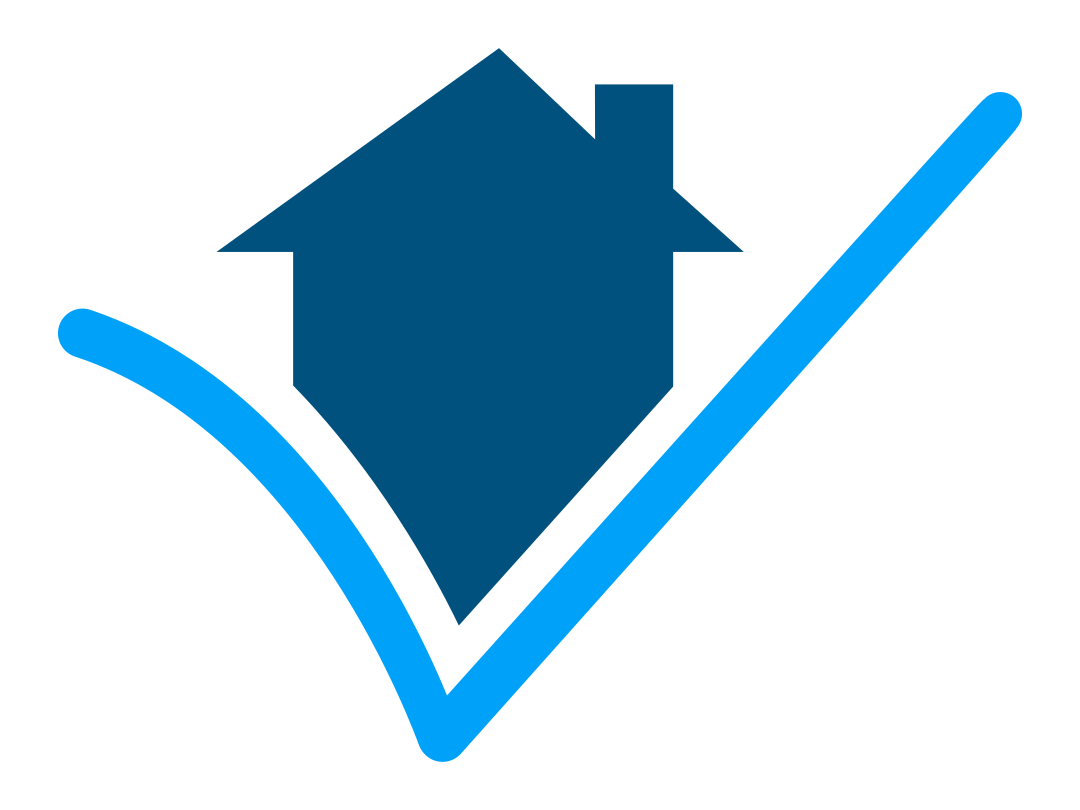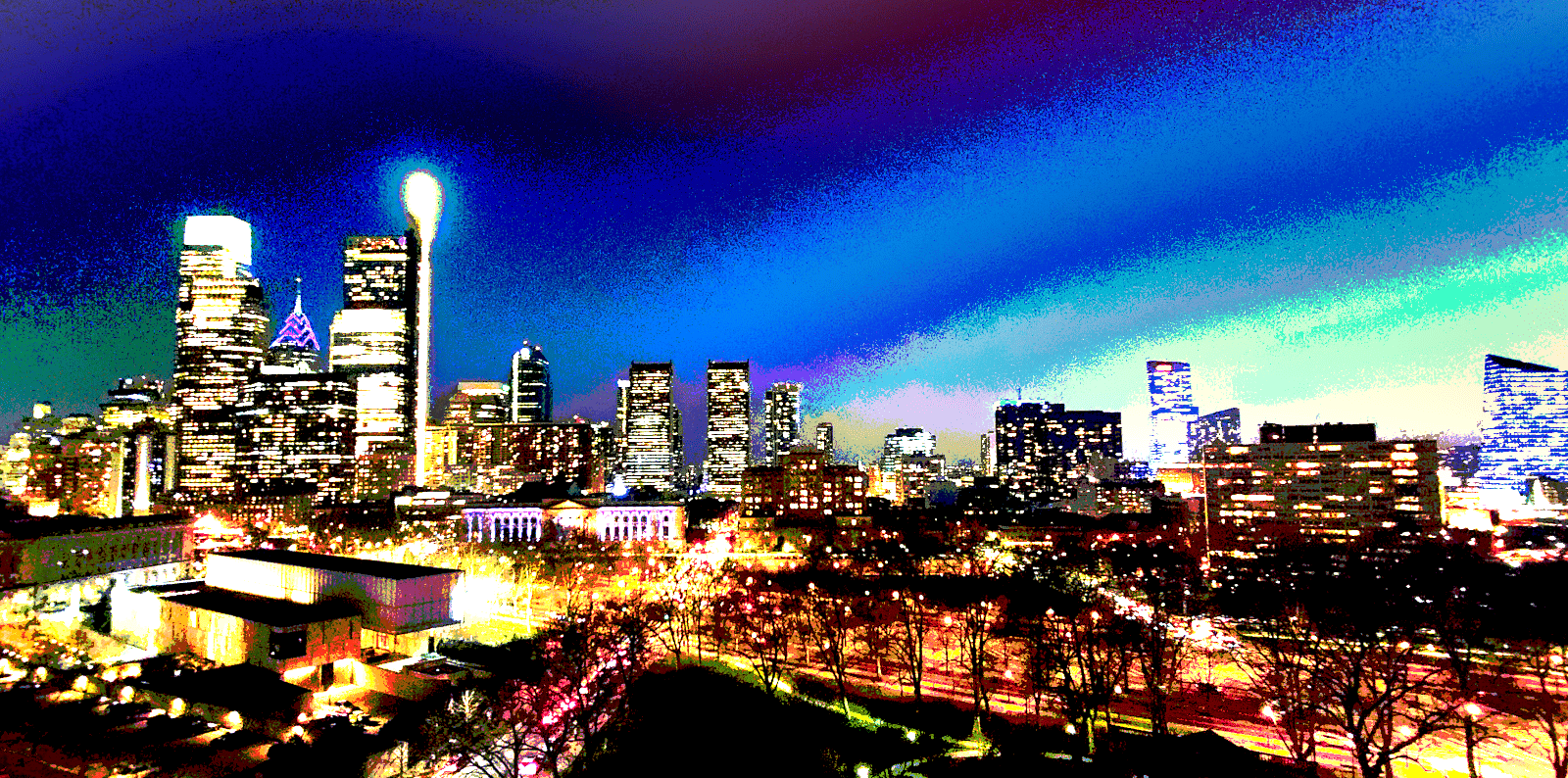We’ve heard a lot from our clients about permit expirations recently: Contractors, property owners, and even homeowners working on small renovation projects have found their construction and zoning permits out of date: marked “expired” and closed in the City of Philadelphia’s online portal. Everyone wants to know why their permits are expiring, and how to keep them alive.
Under this hail of cancellations, it might be surprising to learn that Philly’s permit expiration rules aren’t new: the City didn’t pass a new law, and Licenses and Inspections didn’t create a new regulation. What’s new is enforcement: L&I is tracking expiration dates closely, and actually closing overdue permits. In recent years, they were far more lenient because of the pandemic; and before that, they simply didn’t police expirations strictly: a permit could hang out in the system for years past its expiration date before anyone thought about closing the permit record.
That has all changed within the last year: Licenses and Inspections will close out expired permits almost immediately, which has introduced Philadelphia developers, contractors, and property owners to the rules that were technically always there, printed at the bottom of every issued permit.
You have questions about Philly permit expirations (I assume – you’re reading this, right?). We have the answers! Let’s dive in:
How long are Philly permits good for?
Depends on the type of permit! There are a few simple, basic rules, but also some important extra rules just to keep things spicy:
The basic permit expiration rules
- Zoning permits that authorize additions, new construction, or some other change in size and square footage last for three years
- Building and demolition permits last for five years
- All other permits last for six months
The enticingly dangerous permit expiration rules, so you can really feel alive!
- Building or demo permits for structures deemed Unsafe (with a capital U) or Imminently Dangerous by L&I are only good for 30 days (if they’re just Unsafe) or 10 days (if they’re Imminently Dangerous)
- Rough-in permits (for mechanical, plumbing, electrical, or sprinkler work) are only good for 60 days
- With the notable exception of zoning permits for development (which are good for three years – see above), you must start the work authorized by a permit within six months
- Again with the exception of zoning permits for development, once you start work under a permit, you have to keep working or the permit expires: you can only pause work for up to six months
What’s that about starting work within six months?
This is the area where a lot of people are getting stuck, so I’ll write it again: you have to act on any permit within six months or it expires. There are only two exceptions, both mentioned above: zoning permits that authorize development, and construction permits for unstable buildings and rough-ins.
How do I officially start work on a permit? What’s supposed to happen before six months have passed?
If it’s a construction permit, you can schedule an inspection with Licenses and Inspections, then mobilize on the site and start the, you know, actual labor. You must at least schedule and pass an initial inspection within six months of permit issuance to keep the permit active.
If it’s a zoning permit, you have to do… whatever it is that the permit allows, and do it within six months. For example, if you get a zoning permit for an empty commercial space, and the permit says that you can turn the space into a clothing store, you must apply for any related renovation permits for that clothing store within six months. Another way to think of this: you don’t have to open the store within six months, but within six months you do need to apply for the permits that will allow you to open the store. (In the very rare cases where you don’t need any permit besides the zoning to start doing whatever the permit allows, start doing that thing within six months.)
A note on zoning permits that authorize construction, the ones with a three-year window: you have to start the construction authorized by the zoning permit within those three years. You can’t just apply for building permits at the very end of that three-year period. L&I might grant an exception, and allow you start work after the three-year period, but only if the construction permits are approved within that time – and obviously, you don’t want to risk it: it’s far safer to just start construction within that three-year window.
I scheduled and passed the initial inspection within six months. Can I forget about permit expirations now?
Nope! You just bought yourself six more months to finish the work or get another inspection. Remember: if you permit involves renovation or construction of any kind, you can’t pause work for more than six months. L&I will consider work paused if they don’t see any records in their system. So basically, you need to schedule an inspection every six months to keep the project alive.
What if I don’t need another inspection, but it’s been almost six months since the first inspection and the project isn’t finished?
Contact the inspector! L&I inspectors are allowed to extend permits for another six months if you give them a good reason to do so. They can check the site at any time, so don’t lie about doing work you didn’t do, but generally, they’ll give you extra time if your explanation makes sense – especially in the case of a homeowner doing (legal!) work on their own place.
What counts as pausing work?
Same answer as above: any time that passes without an inspection or documented conversation with an inspector. If you don’t get (and pass!) an inspection or talk to the inspector about the project’s progress for six months, they can mark the permit expired – even if you took care of the first inspection on time.
What do I do if my permit already expired?
This depends a lot on what type of permit you’re dealing with. Let’s answer by category:
Zoning permits that authorize construction:
Okay, hang in there: this is the zoning permit that survives for three years. If you have one of these and it expired before you started construction (or at least got building permits), then… you have to get a new permit. Yeah, it’s no fun: there’s no easy way around this one.
Zoning permits that don’t authorize construction:
You’re basically out of luck here as well: if you didn’t at least apply for a Certificate of Occupancy or some other related permit before the zoning expires, then you have to get a brand-new permit. (Permit Philly would like to remind you that we don’t make the rules.)
Construction permits:
You may have hope! L&I might – might – show some mercy in the following cases:
- It’s been less than 18 months since the permit was issued, and work hasn’t started yet
If L&I lets you reinstate such a permit, keep in mind that you have to start work within those 18 months: if you try to get an expired building permit reinstated 17 months after it was issued, and L&I allows it, you have to start work within one month or else the permit is dead for good.
- Work stalled, but it’s been less than a year since your last documented progress
In this case, you still have to pay violation fees for letting the permit lapse while work stalled, but L&I might let you revive it.
- The permit is part of a larger project, and the permits for that larger project are active
Whenever you start a development project that requires a lot of permits, work on any of those permits is supposed to keep the overall project active. Now, this is not how this always works in practice! The best way to deal with multi-permit projects is to get inspections on each permit every six months, just like you would for a single-permit project. But if one of the permits gets lost in the calendar, you can work with L&I to reactivate it, as long as the project’s other permits are active.
This sometimes comes up on smaller multi-permit projects too: for example, on single-family new construction. That simple new construction requires HVAC, electrical, plumbing, and sprinkler permits. If any of those permits slips past the expiration date, you should be able to get L&I to revive it if – if! – the overall building permit for the new house is active and in good standing.
- L&I didn’t list the correct expiration date, or they marked the permit “expired” by accident
Hey, it happens! Just be sure you can prove that L&I made a mistake – keep good records, and be ready to share them.
I have a zoning permit scheduled for appeal before the ZBA, but I see the expiration date coming up before the hearing date. What do I do?
Finally some good news: just tell L&I! Well, also attend the hearing before the ZBA and all that; but you don’t have to sweat the expiration date: whatever date automatically shows up online won’t supersede an appeal to ZBA or any other City of Philadelphia board. You can just proceed through the appeal process, and pass on proof of your appeal to L&I. If the appeal is for a project with other, issued permits, notify the relevant inspector and they can keep those permits active during the appeal.
This seems hard and annoying. Not really a question, but…
Glad you mentioned that, Person Reading this Post! It just so happens that Permit Philly can manage your permits after they’re issued. We’re typically hired to consult about and obtain permits; but sometimes, clients ask us to stick around through the construction process just to monitor expirations, contractor changes, inspection dates, and other logistical headaches. If you think you need an extra set of eyes on an active permit, just give us a call or text at (267)744-4200, or shoot an email to contact@permitphilly.com.
In the meantime, as the old construction blessing goes, may your permits never expire and your projects close under budget.

